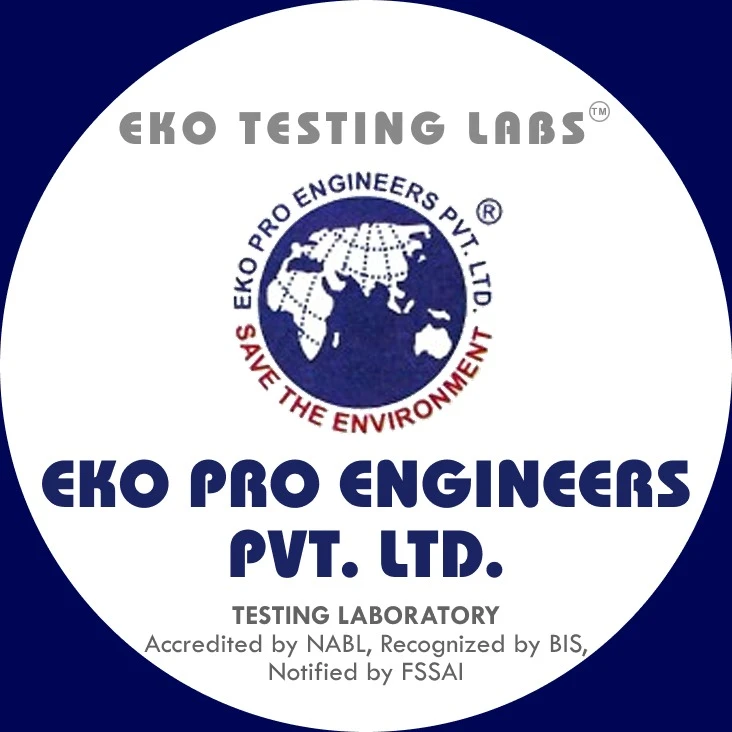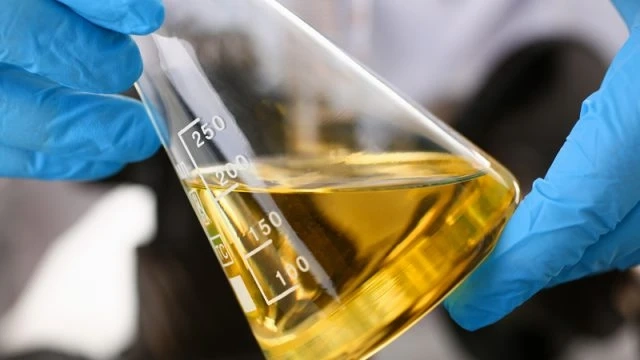If you’re in the petroleum, transport, manufacturing, or energy business, chances are you understand how vital fuel quality is to operations. Choosing the right petroleum testing lab isn’t just about checking fuel—it’s about ensuring safety, compliance, efficiency, and longevity of your machinery.
But with dozens of labs out there, how do you know which one to trust? Let’s explore the top 10 factors you should consider before signing up with a petroleum testing laboratory.
1. Accreditation and Certification
When selecting a testing lab, accreditation is non-negotiable.
NABL, ISO/IEC 17025 Certifications
Look for labs accredited by NABL (National Accreditation Board for Testing and Calibration Laboratories) and certified under ISO/IEC 17025. These certifications ensure the lab adheres to international standards of testing, accuracy, and impartiality.
Why Certifications Matter
Without proper certification, the results you receive might not be recognized by regulatory authorities. For businesses dealing with exports or audits, unaccredited testing can lead to compliance issues and unnecessary setbacks.
2. Range of Testing Services
The more comprehensive the lab's testing capabilities, the better.
Types of Petroleum Products Tested
A good lab should be equipped to test:
- Furnace oil
- Diesel
- Petrol
- Kerosene
- Lubricants
- Greases
- Bitumen
Comprehensive Testing Capabilities
Ensure the lab performs a full suite of tests like:
- Flash Point
- Viscosity
- Pour Point
- Water content
- Sulphur content
- Ash content
- Density and distillation characteristics
3. Technological Infrastructure
Advanced labs provide more accurate, repeatable results.
Advanced Equipment and Instruments
Labs with Gas Chromatography, Atomic Absorption Spectroscopy (AAS), and Bomb Calorimeters are preferable. These instruments offer high-precision data.
Automation and Accuracy
Automation reduces human error. Labs using digital documentation, automatic titrators, and real-time data logging offer better efficiency.
4. Qualified Technical Team
People make the lab. Period.
Importance of Skilled Chemists and Engineers
A lab is only as good as its team. Ensure the lab has certified chemists, petroleum engineers, and microbiologists (in case of biofuel testing).
Industry Knowledge and Continuous Training
A lab that trains its staff regularly is more likely to stay updated with the latest standards and techniques.
5. Turnaround Time (TAT)
Time is fuel—literally and figuratively.
Fast and Reliable Reporting
A top-tier lab offers results within 24–72 hours depending on the test. Check if they have express services.
Why Time-Sensitive Industries Rely on Speed
Delays in fuel quality results can cause downtime in shipping, construction, and manufacturing—resulting in revenue loss.
6. Compliance with Regulatory Standards
Regulations aren’t optional—they’re mandatory.
Adherence to ASTM, BIS, IP Methods
Make sure the lab follows testing protocols laid down by:
- ASTM (American Society for Testing and Materials)
- BIS (Bureau of Indian Standards)
- IP (Institute of Petroleum)
Importance for Legal and Safety Purposes
Improper testing can cause machinery failures, legal violations, or even explosions in worst-case scenarios.
7. Experience and Track Record
Experience brings trust.
Years in Service
Choose labs with at least 5–10 years of active experience in petroleum testing.
Industry Reputation and Success Stories
Check client testimonials, case studies, and online reviews. A proven track record reflects credibility.
8. Customised Testing Solutions
One-size-fits-all doesn’t work in petroleum.
Tailored Reports for Different Industries
Each industry has different testing priorities. Aviation fuel requires different checks compared to diesel for construction.
Flexibility in Sampling and Analysis
Some labs offer on-site sampling and consultation. This can be a huge plus for remote industrial locations.
9. Cost-Effectiveness
Quality should match the price.
Balancing Cost and Quality
Low-cost labs may cut corners. However, the most expensive one isn't always the best. Go for labs offering value-based pricing.
Transparent Pricing Structures
Request itemized quotes to avoid hidden fees. A good lab will clearly explain what's included in their cost.
10. Customer Support and Communication
Communication can make or break the partnership.
Dedicated Support Teams
Reliable labs provide dedicated client servicing teams for queries, clarifications, and updates.
Clarity in Reporting and Consultancy
Reports should be easy to read and interpret. Bonus points for labs offering actionable recommendations or expert advice.
Why Choose EKO Testing Labs?
EKO Testing Labs ticks all the right boxes when it comes to petroleum testing.
Overview of EKO Testing Labs’ Offerings
- NABL Accredited
- Wide range of tests including fuel oil, lubricants, and bitumen
- Fast TAT and reliable reports
- Highly skilled technical staff
- Adherence to ASTM and BIS standards
- State-of-the-art equipment
Locations and Contact Details
Serving clients in Ghaziabad, Noida, and Delhi, EKO Testing Labs is a trusted name across Northern India.
📞 Call Now: +91 9810240678
Conclusion
Choosing the right petroleum testing lab is a strategic decision. It’s not just about meeting regulatory norms—it’s about ensuring operational safety, protecting your machinery, and maintaining the trust of your stakeholders.
EKO Testing Labs stands out as a reliable partner, offering precise, compliant, and affordable petroleum testing services. The right lab today can save you millions tomorrow.
FAQs
1. How often should petroleum testing be done?
It depends on your fuel usage, storage conditions, and industry requirements. For critical industries, monthly or quarterly testing is recommended.
2. What types of fuel can be tested?
Most labs can test diesel, petrol, furnace oil, kerosene, biodiesel, lubricants, and bitumen.
3. Can I request onsite sampling?
Yes! Many modern labs like EKO Testing Labs offer onsite sampling and pickup for convenience.
4. What certifications should I check for?
Always look for NABL accreditation and ISO/IEC 17025 certification to ensure reliable results.
5. Why is petroleum testing essential for businesses?
Testing helps avoid equipment failure, ensures compliance, saves fuel costs, and protects your brand’s reputation.



